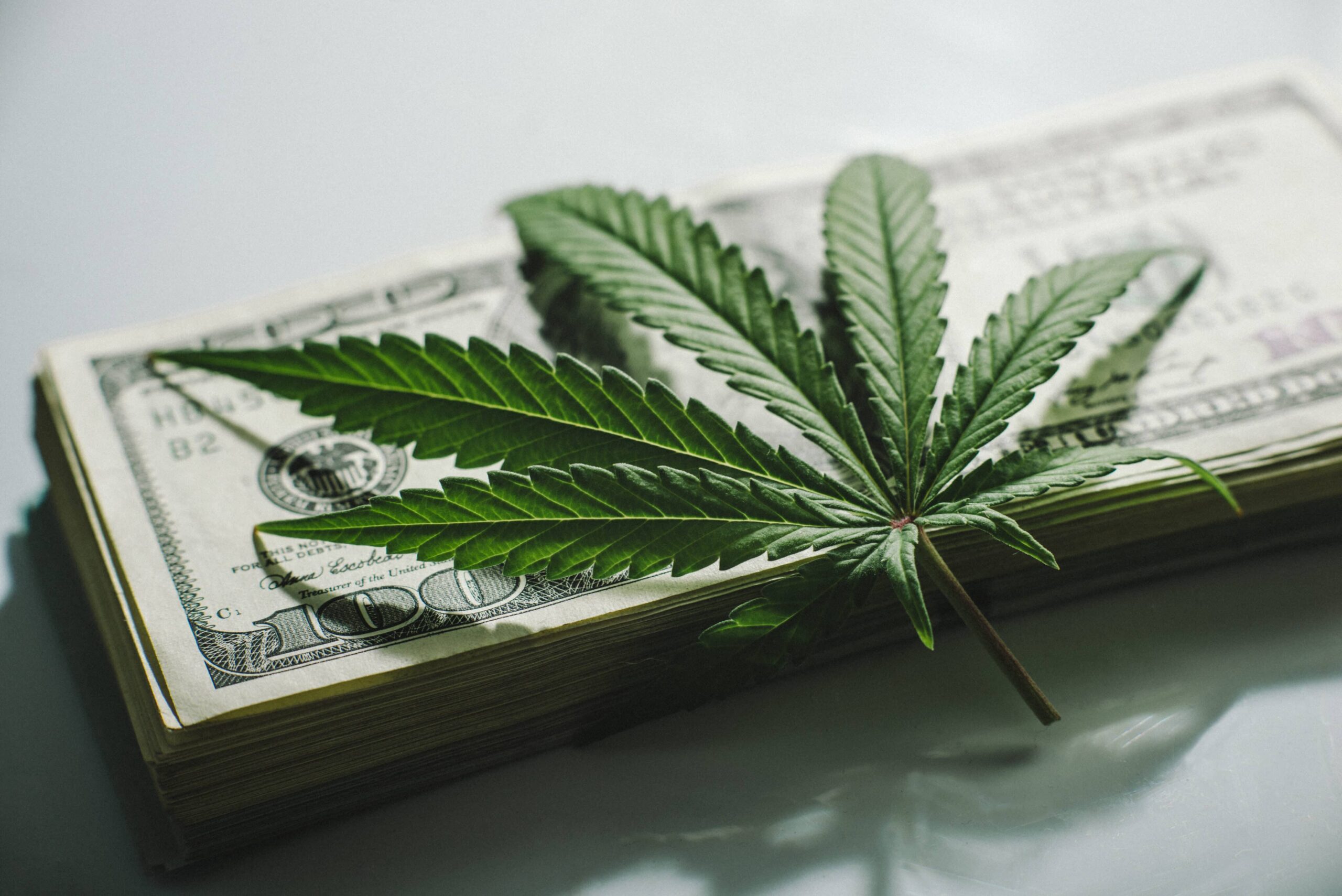
Washington lawmakers are proposing tax hikes on higher-potency weed
Cannabis users in Washington state could soon be subject to a “thanks tax”.
Legislators there have introduced a bill that would tax marijuana products based on the percentage of THC.
In other words, the stronger the weed, the higher the price.
“Research suggests that between 12% and 50% of psychotic disorders could be prevented if high-potency cannabis products were not available,” said Lauren Davis, one of Washington state’s backers for the bill, as quoted by local news station KXLY.
Davis believes the measure is necessary to combat what she calls a “crisis.”
“Unless we act now to counter the emerging public health crisis caused by high-potency cannabis products, we will soon have another epidemic,” Davis added.
The legislation, House Bill 1641, would “restructure the 37 percent cannabis excise tax to a tax of 37 percent, 50 percent, or 65 percent of the selling price based on product type and tetrahydrocannabinol (THC) concentration,” according to a legislative official Summary of the action.
“[Thirty-seven] Percent of retail price on each retail sale of cannabis-infused products, usable cannabis with a THC concentration of less than 35 percent, and cannabis concentrates with a THC concentration of less than 35 percent,” read the abstract. “[Fifty] Percentage of the selling price on each retail sale of cannabis concentrates and usable cannabis with a THC concentration of 35% or more but less than 60%; and 65 percent of the retail price on all retail sales of cannabis concentrates and usable cannabis with a THC concentration greater than 60 percent.”
HB 1641, which had its first public hearing last week, would also state the following, according to the statute summary:
“Marketing and advertising bans on the promotion of a product containing more than 35 percent total THC… prohibits cannabis retail establishments from selling a cannabis product with more than 35 percent total THC to a person under the age of 25 who is not a qualified patient.” or designated is Vendor… Requires cannabis retailers to provide information at the point-of-sale to consumers purchasing certain cannabis products and requires the Liquor and Cannabis Board to develop optional training for retail staff… Requires mandatory health warning labels for Cannabis products containing more than 35 percent total THC… Requires cannabis products to be labeled with the number of serving units of THC contained in the package and with an expression of a standard THC unit in volume or amount of the product… Conducts US$1 million annually Dollars from the Dedicated Cannabis Account for targeted public health ndness messages and social marketing campaigns.”
Not everyone agrees with the proposal, which has a dozen sponsors.
Carol Ehrhart, who owns a pharmacy in the state, told KXLY that the proposed tax increase could result in some adverse consequences.
“There’s this idea, you know, that the THC will take me further. The higher we make these prices, the more likely it is that someone will buy the more expensive item, thinking they are getting more for their money when they really aren’t,” Ehrhart told the broadcaster.
“A product that we’re selling for $40 right now that’s above the 60 percent threshold would go to $47, almost $48. You know, that’s seven or eight dollars in taxes on a piece of product,” Ehrhart added.
Washington became one of the first two states to legalize recreational cannabis in 2012 when voters there approved a measure that legalized possession and paved the way for a regulated market. (Colorado also approved a legalization measure that same year.)

Post a comment: